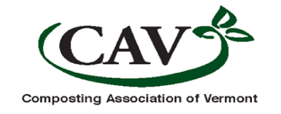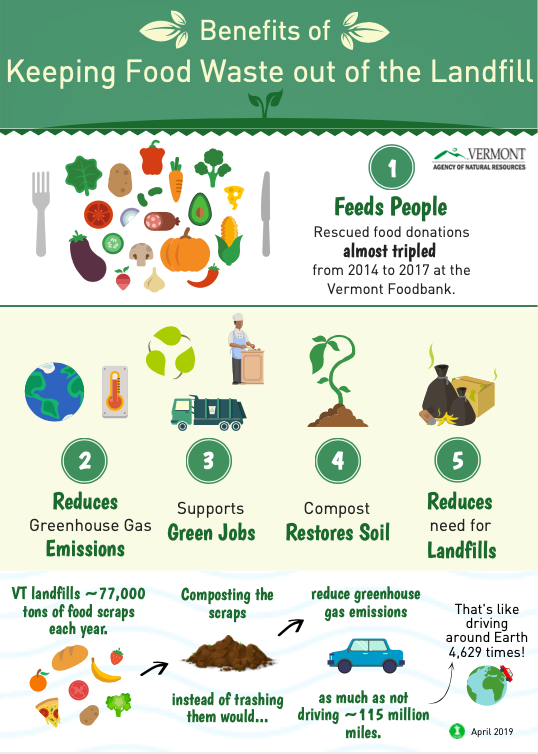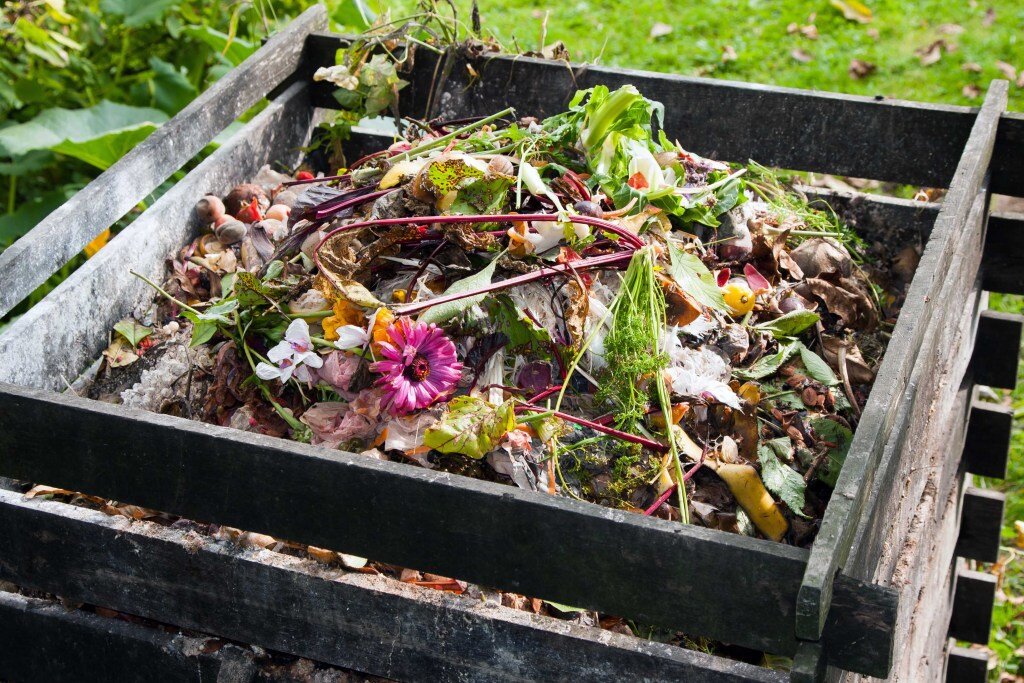April 30, 2020, Hinesburg, VT… Environmental and recycling businesses, organizations, community groups and individuals around the U.S. are making plans to celebrate International Compost Awareness Week (ICAW) the week of May 3 - 9. The theme for this year is “Soil Loves Compost”.
This year, the Composting Association of Vermont (CAV) is offering several online events via Zoom, including learning the basics of backyard composting, how to grow your own food at home—a primer from raised beds to lawn conversion, and a discussion about compost as a climate solution. See a full list and register for these free events at: CompostingVermont.org/ICAW-2020.
Traditionally, ICAW is promoted at in-person activities and events. While these types of activities will not be held due to Covid-19, the goal is still the same – to build awareness of the benefits of using compost and recycling organics and to promote safe composting and positive, outdoor community action that supports community resilience. “Regardless of how ICAW is celebrated this year, the “Soil Loves Compost” message is strong and clear — there are undeniable benefits of compost and composting in completing the food cycle and building healthy soil.” said Teri Sorg McManamon, ICAW Committee Chair. “Compost is a quality product that enhances our soils. We appreciate whatever efforts communities, companies, and organizations make in celebrating this valuable resource.”
International Compost Awareness Week, a program run in the US by the Composting Council Research & Education Foundation, is celebrated nationwide and in other countries each year during the first full week of May. Celebrating its 25th Anniversary, ICAW was started in Canada in 1995. Since then, ICAW has continued to grow as more people, businesses, municipalities, schools, and organizations are recognizing the importance of composting and the long-term benefits of recycling organics. More information on ICAW can be found at www.compostfoundation.org
The Composting Association of Vermont is a 501(c)(3) nonprofit that advances the vital soil health practices of producing and using compost in ways that contribute to water quality, plant vigor, and environmental resilience. CAV demonstrates the value of compost through education, policy, outreach, and partnerships to reduce waste, capture energy, and create jobs. We believe that increasing the use of compost in our communities will increase our resilience to climate change.
Contact: Natasha Duarte, Director, Composting Association of Vermont at Natasha@CompostingVermont.org or 802-373-6499
###
























